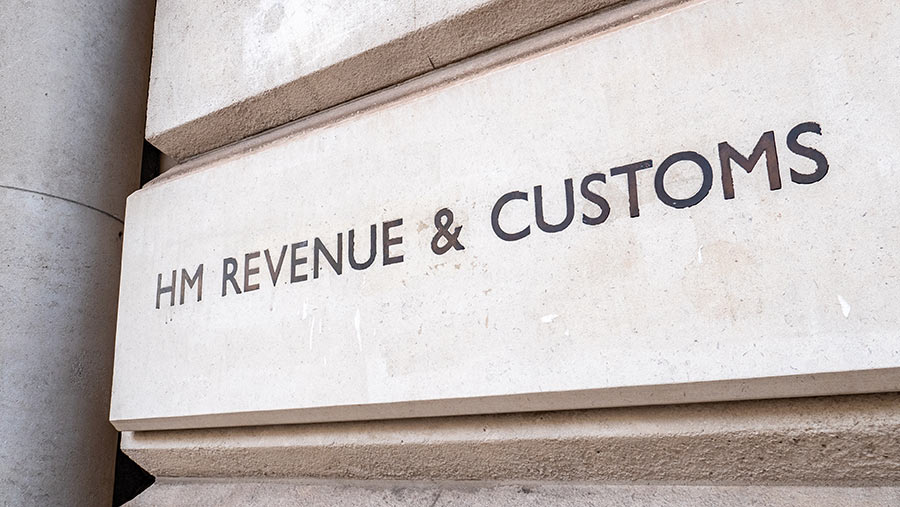How to avoid common tax return mistakes
 © pxl.store/Adobe Stock
© pxl.store/Adobe Stock As the 31 January filing deadline for self-assessment tax returns approaches, accountants warn that accuracy is more important than ever.
HMRC is expected to ramp up its investigations after a scaling back of activity during the pandemic.
See also: How does tax averaging work for farmers?
Penalties range from up to 30% of the tax due where the taxpayer has been careless in their submission, to 100% if the inaccuracy is deliberate, says accountant Chavereys.
In 2020-21, HMRC issued penalties to 29,568 taxpayers and 11,728 of these were issued for deliberate conduct.
With that number expected to increase this year, here is a rundown of some of the common issues on returns.
Incorrect tax codes
If you have any doubt about the accuracy of the tax code you are using, check on the tax codes page of the gov.uk website.
Full information required
HMRC will not accept “to be confirmed” or the promise of further information to come.
Everything it asks for must be submitted.
Failure to pay the child benefit tax charge
If you are the highest earner in your household with an income of more than £50,000, and you or your partner claims child benefit, the child benefit tax charge must be paid or a fine is likely.
For every £100 of income above £50,000, the charge is 1% of the benefit and once income reaches £60,000 the full amount must be repaid.
This charge is assessed on income net of pension contributions.
Ticking the wrong boxes
This is a very common problem, but one that can be avoided by using the HMRC guide included with the tax return.
Savings interest declarations
The interest on savings and investments must be reported, but is often forgotten.
Omission of capital gains declarations
If you sold or gave away shares or property other than your main home in the 2021-22 tax year, this needs to be declared and payment made of the tax due on any gains above the £12,500 annual personal allowance.
There is also a capital gains tax liability when property or shares is gifted to anyone other than a spouse or civil partner.
Capital losses can be used to offset the amount payable.
Missing out on pension tax relief
For every £80 paid into a pension, the pension provider receives another £20 direct from HMRC.
For self-employed income tax payers at the 40% or 45% rate, the extra 20% or 25% must be claimed via their tax return as this isn’t done automatically.
If a claim hasn’t been made on your previous year’s tax returns, you can go back up to four years and claim any higher rate relief due by contacting HMRC.
Failing to keep records
HMRC can ask to see your records after a return has been filed so retain all financial records, not just for the financial year the tax applies to but for the four previous years too.
